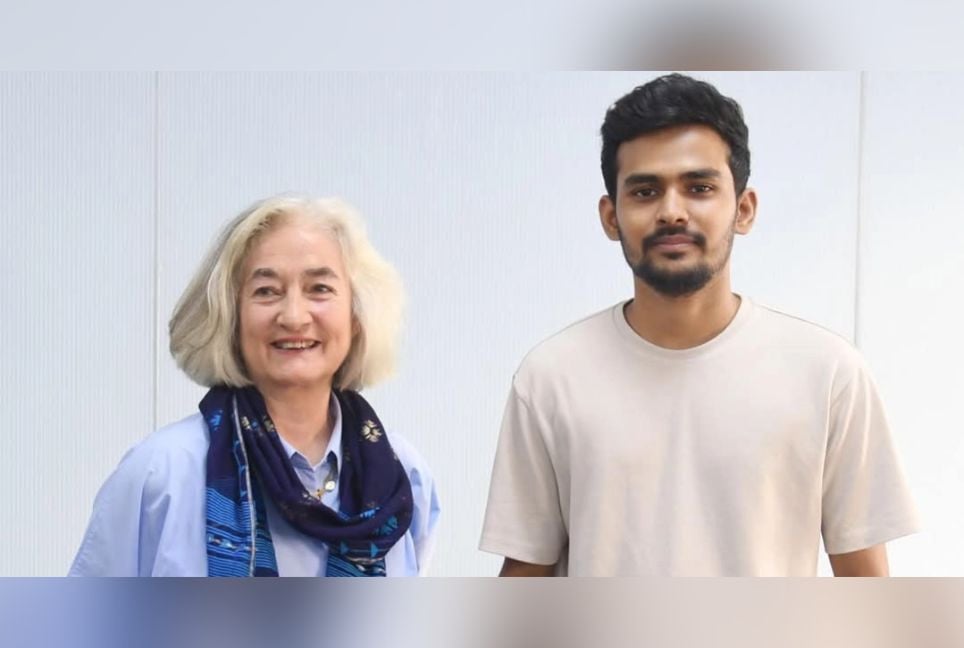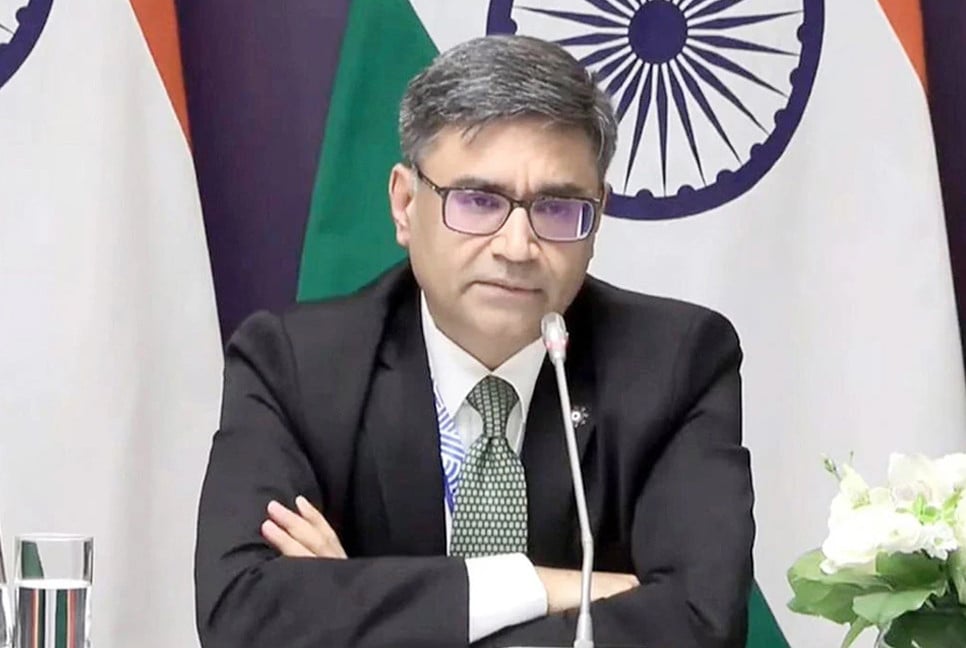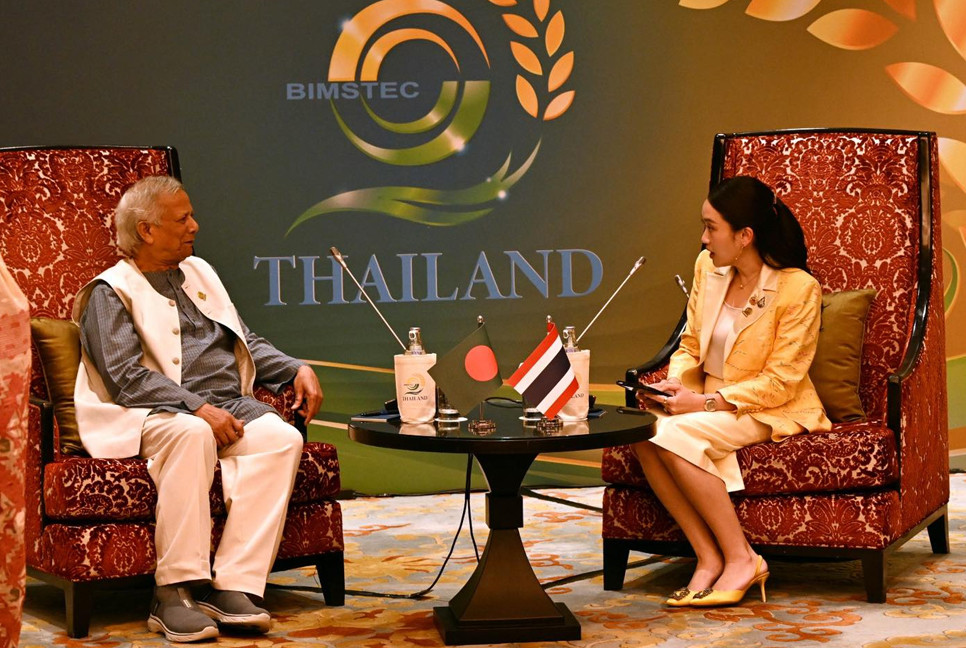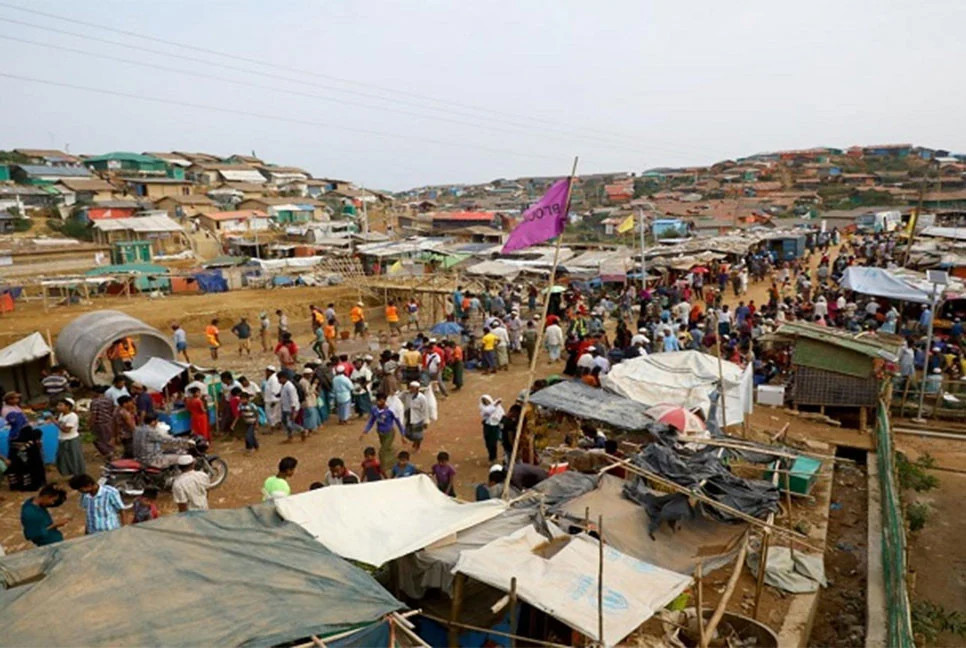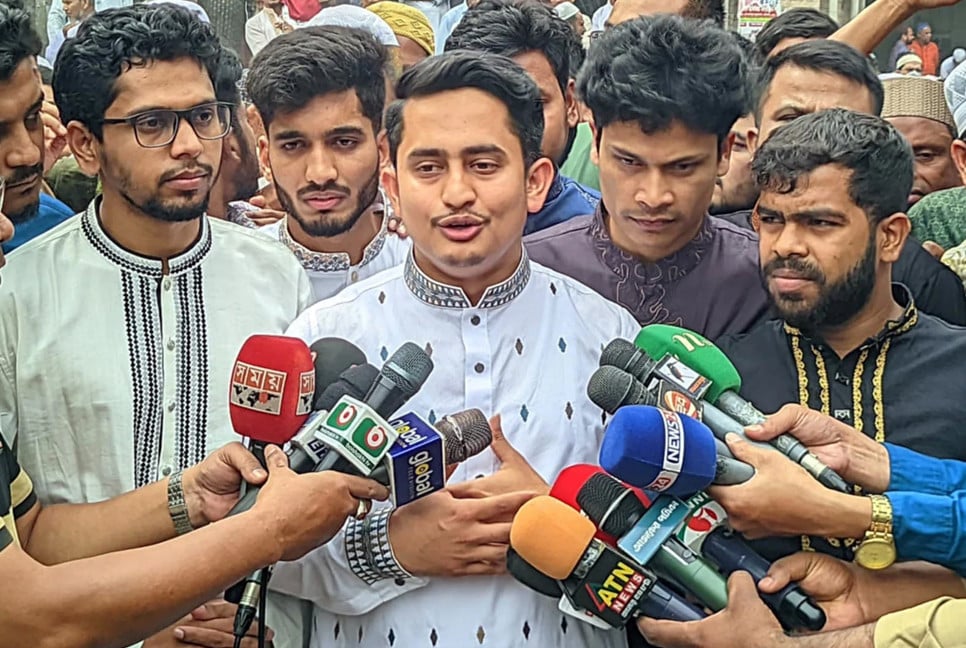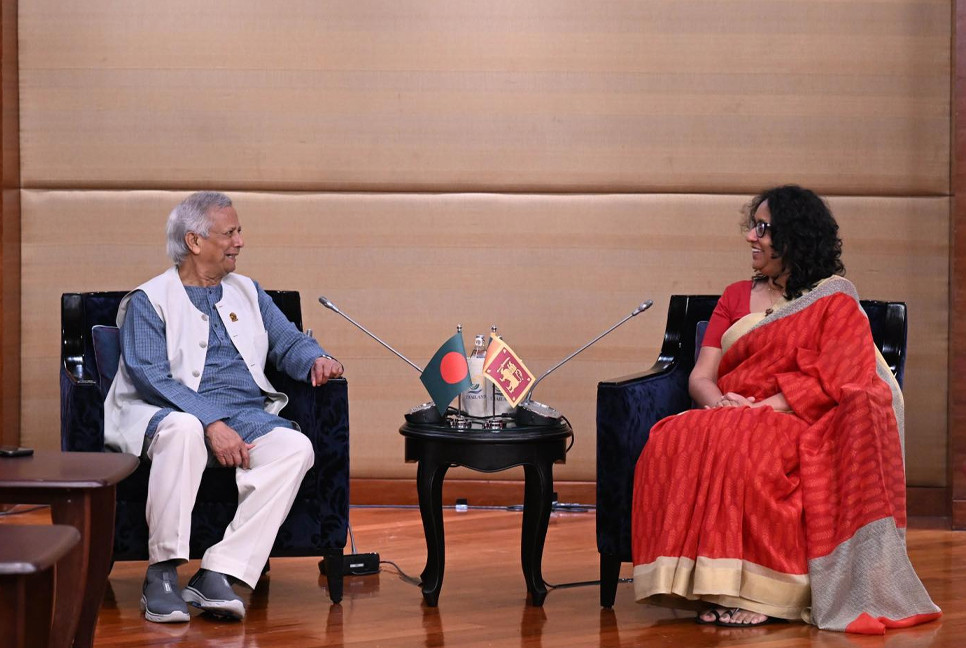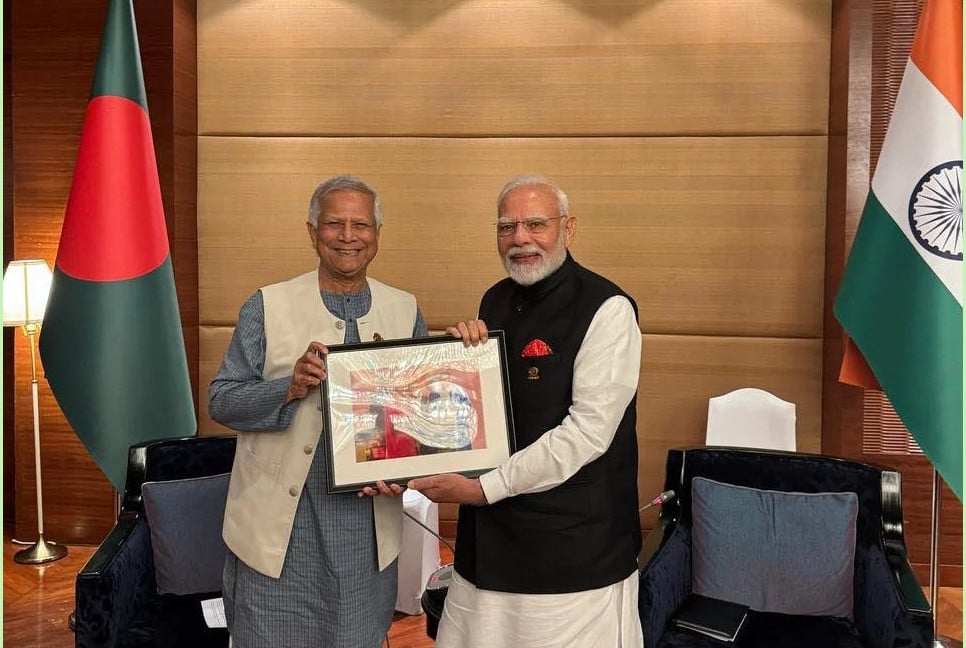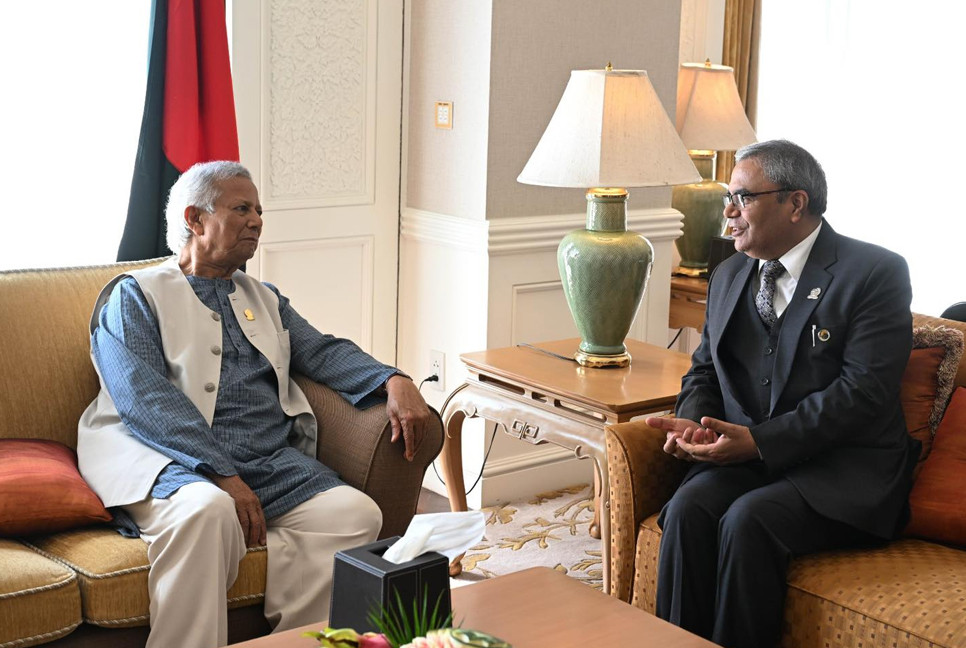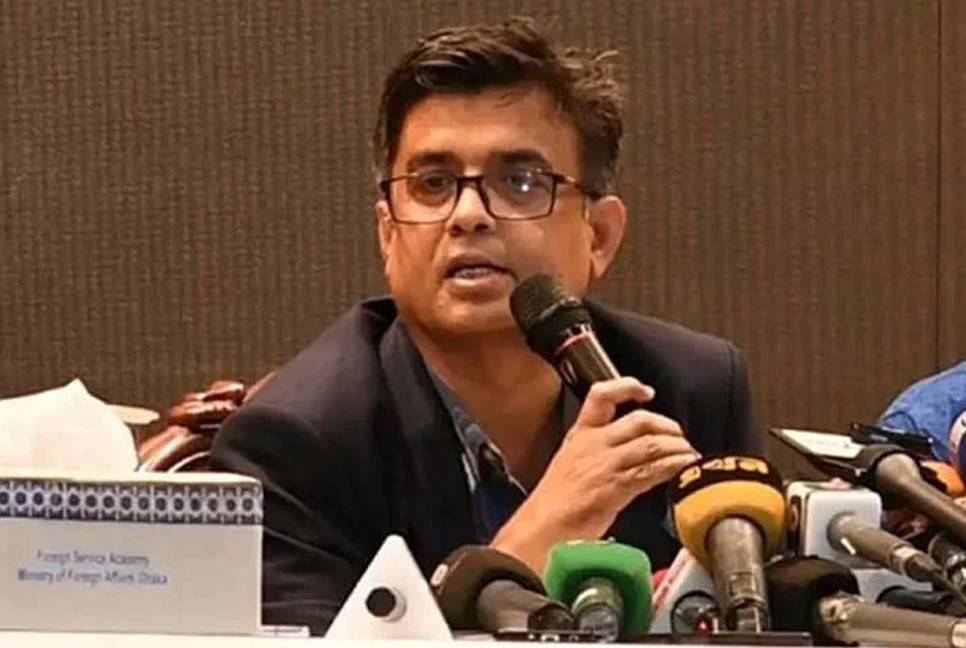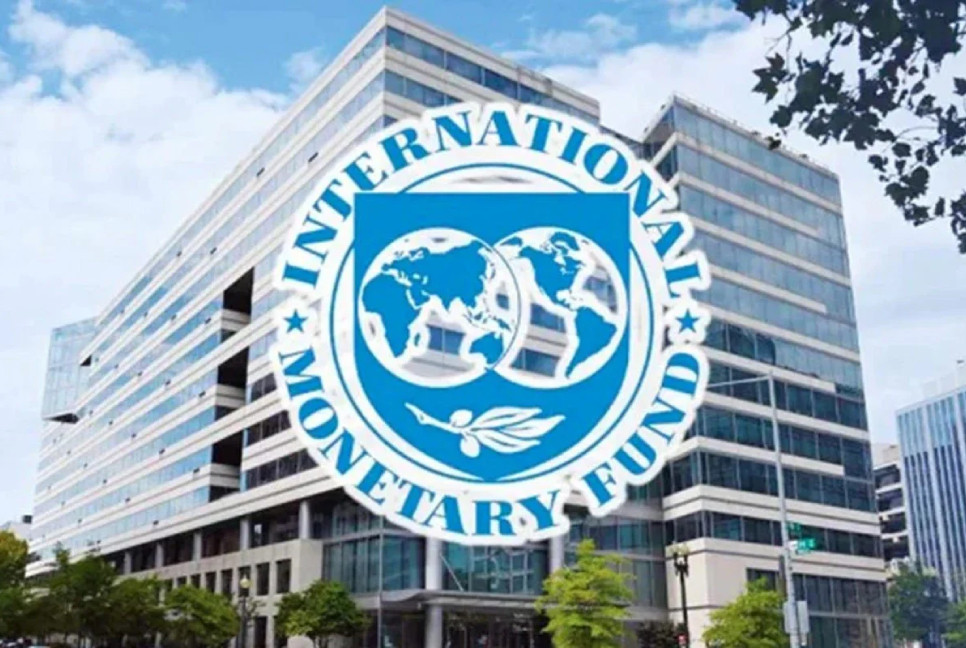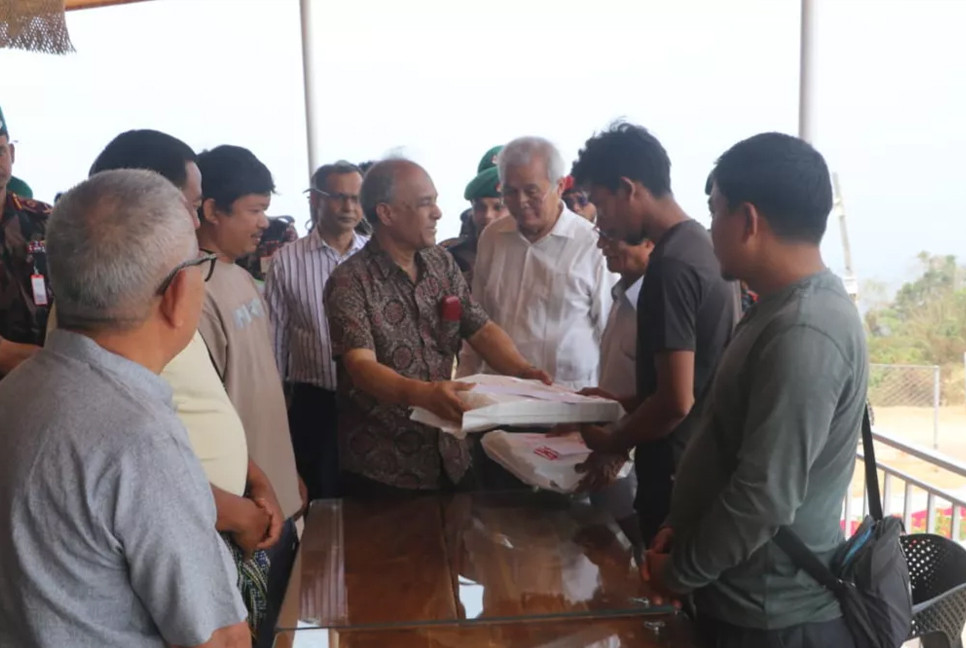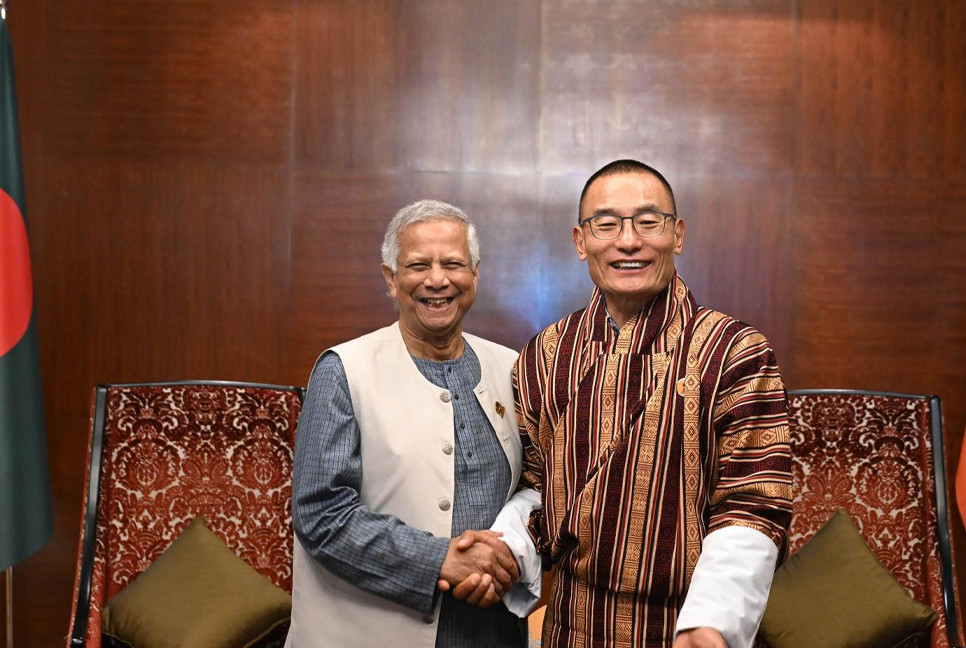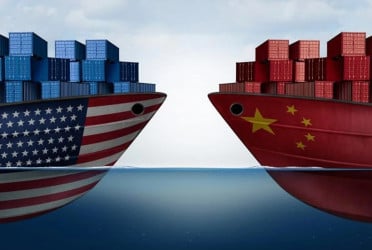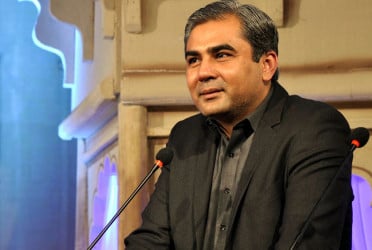The French Development Agency (AFD - Agence Française de Développement) is making significant strides in improving water and sanitation in Dhaka, Chattogram and secondary cities.
French Ambassador to Bangladesh Marie Masdupuy has praised the strong collaboration between AFD and local agencies, including Dhaka Water Supply and Sewerage Authority (DWASA), Chattogram Water Supply and Sewerage Authority (CWASA), and the Department of Public Health Engineering (DPHE), reports UNB.
She expressed the hope for the quick implementation of ongoing projects to benefit the people of Bangladesh, overcoming unnecessary hurdles.
On February 2, Ambassador Masdupuy paid a courtesy call on Asif Mahmud, adviser to the Ministry of Local Government, Rural Development, and Cooperatives (LGRDC), and discussed issues of mutual interest.
France is the largest bilateral donor for LGRDC projects in Bangladesh, with nearly €690 million in commitments.
Among AFD's urban development initiatives, the Gandharbpur Water Treatment Plant stands out as a flagship project, co-financed by the Asian Development Bank (ADB) and the European Investment Bank (EIB).
This €177 million investment aims to provide fresh potable water to 4.3 million people in Dhaka by shifting water sourcing from depleting underground sources to the Meghna River, according to the French Embassy in Dhaka. The project is being executed by a French joint venture between Suez International and OTV-Veolia.
Besides, AFD and Team Europe (comprising German KFW, Danish DANIDA, and EIB) are backing the third phase of the Saidabad Water Treatment Plant in Dhaka, which will ensure safe drinking water for nearly 2.5 million residents.
On February 2, the Executive Committee of the National Economic Council (ECNEC) approved the Chattogram Metropolitan North Kattali Catchment Sanitation Project, backed by a €175 million sovereign concessional loan from AFD.
By 2030, this project, implemented by CWASA, will provide modern sanitation services to approximately 3,00,000 residents, while another 50,000 people in North Kattali will gain access to basic sanitation services, including fecal sludge management.
Bd-pratidin English/Fariha Nowshin Chinika

